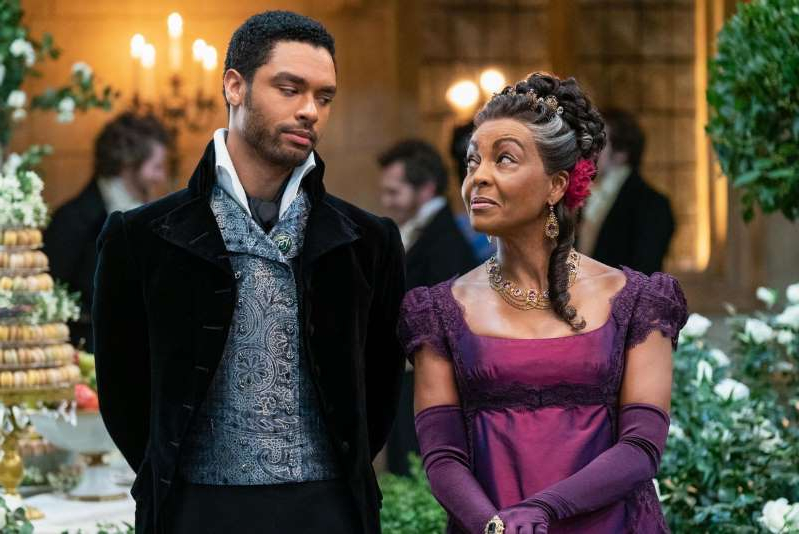Bridgerton’s Caribbean Problem
JANUARY 19, 2021
Julia Quinn’s Bridgerton novels are mostly populated with white people like the regency-era England where they take place. The London of Shonda Rhimes’s Bridgerton tv series for Netflix, in contrast, is a multicultural mecca, sprinkled with Black characters of various skin hues, as well as a smattering of east and south Asians walking around silently in the background. There is even a Black queen and a Black duke.
In the world of fiction—whether on the page, stage, or screen—such ahistoricity does not necessarily have to be an issue. We should not evaluate a work of art by how well it matches reality, or how faithful it is to history. But a work of art can and should be judged by the inspiration behind its creator’s vision. And this is where Bridgerton has a Caribbean problem.
In season one, episode four, we learn that the reason the Black Brits of Bridgerton are on par—economically and socially— with the white characters is not because they are the mixed-race children of white male British colonists and free women of color from the Caribbean, nineteenth-century England’s actual Black children of “uncertain fortune,” in one historian’s words. Instead, it is because the white king, George, fell in love with a Black woman, Charlotte, whose marriage to him made her the Queen of England. “We were two separate societies, divided by color until a king fell in love with one of us,” Lady Danbury explains to the Duke of Hastings. “Love… conquers all.” Cynical, the Duke replies, “The king may have chosen his queen, he may have elevated us from novelties, in their eyes, to now dukes and royalty, and at that same whim, he may just as easily change his mind….Love changes nothing.”
Yet in Bridgerton love has already changed everything. It has defeated color prejudice and it has eliminated chattel slavery. Likewise, it has erased any need to mention the thousands of Black revolutionaries in Haiti who fought for abolition for 13 long years, in the process creating the first independent and slavery-free nation of the American hemisphere.
Period romances like Bridgerton are designed to appeal to those who seek to lose themselves in the sumptuous visual pleasures characteristically offered in representations of nineteenth-century British royalty on screen. While I understand the impulse many Black people share, to see ourselves represented in this genre that has traditionally excluded us, contrary to what television usually features, an awe-inspiring world of Black nobility did actually exist in the nineteenth century.
In fact, watching how Bridgerton uses uncanny blackness in a desperate attempt to fill the void left by the overwhelming whiteness of Quinn’s novels, I kept thinking how easy it would have been instead to draw upon the many complexities of elite Black life in the nineteenth century—the kind that was at the heart of the Caribbean’s only modern Black kingdom. Created by Henry Christophe, a former general of the Haitian Revolution, Haiti’s first and last king reigned over the northern part of the country for the entire period commonly defined as the regency: 1811 to 1820.
If people want to see Black aristocracy on screen, then why not just put them in nineteenth-century Haiti where they really lived?

